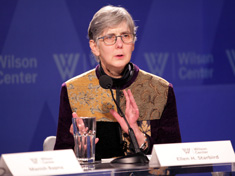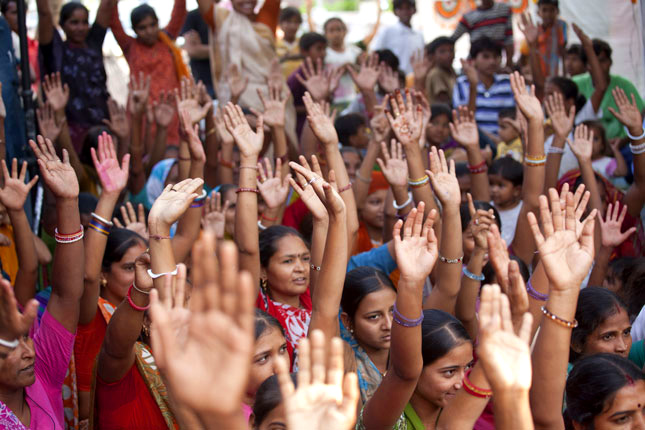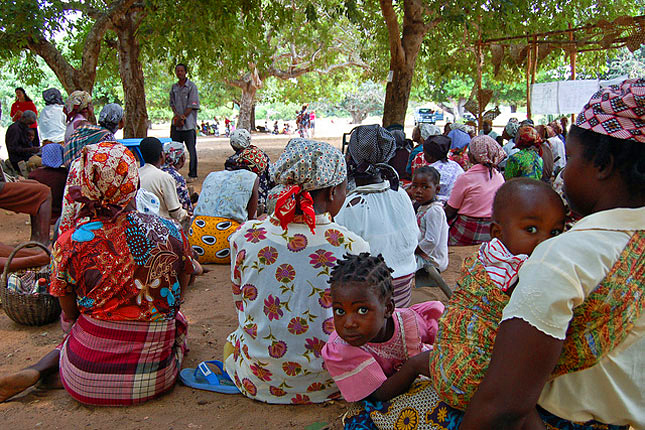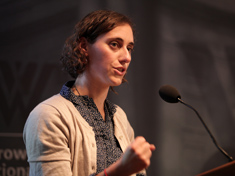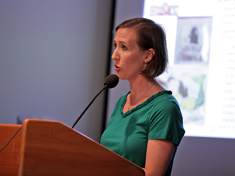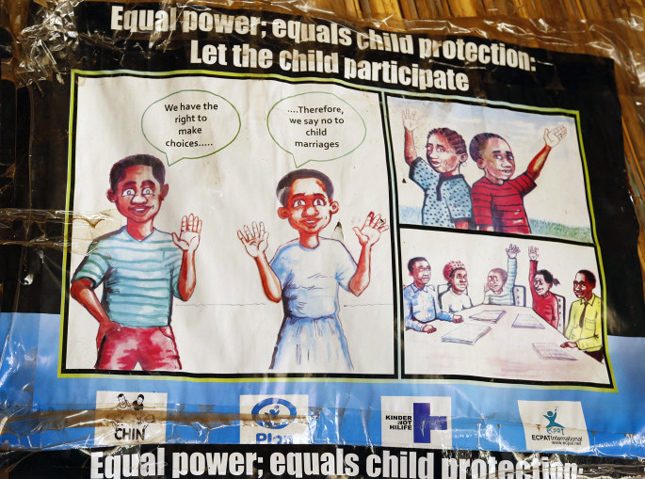-
Ellen Starbird: Sexual and Reproductive Health and Rights Undergird Success of SDGs
›
“Advancing reproductive health and family planning can positively influence and advance a number of sustainable development priorities,” says Director of USAID’s Office of Population and Reproductive Health Ellen Starbird in this week’s podcast.
-
Low Oil Prices Could Shake up Africa’s Petro States
›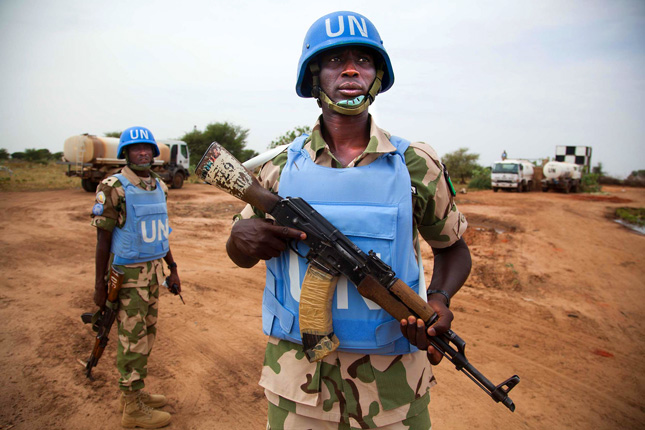
One in five African states produce hydrocarbons, and most of these are heavily dependent on oil and gas revenues to finance their governments and generate foreign exchange. Further, an emerging group of East African states are waiting on international oil companies to develop new oil and gas reserves. But Africa’s record using non-renewable oil and gas resources to trigger economic and social development is poor – and plummeting prices may portend more instability to come.
-
Chernor Bah: Girls Invisible in Most Youth Development Policies
›
“Youth in many countries is synonymous [with] masculinity,” says Chernor Bah in this week’s podcast. “Across governments – and I’ve looked at a lot of youth policies – girls are invisible.”
-
UNFPA: World’s 1.8 Billion Young People Need to Be More Involved in Development
›
“A world in which a quarter of humanity is denied full enjoyment of their rights is an unjust world,” said Kate Gilmore, deputy executive director of the United Nations Population Fund (UNFPA). “It’s a world without the building blocks for human progress, for human peace, for human security.” [Video Below]
-
What’s Youth Got to Do With It? Investing in Youth Sexual and Reproductive Health a Development Bargain
›
“Half of the world’s population is under 30 – any development agenda would have to address their needs, including their health needs, as part of accomplishing development goals,” said Jennifer Adams, deputy assistant administrator at USAID’s Bureau for Global Health, at the Wilson Center on September 24. [Video Below]
-
More Focused Priorities Critical for Sustainable Development Goals, Says Genevieve Maricle
›
Leaders from around the world gathered in New York last month to discuss the replacements for the Millennium Development Goals, which expire next year. The topics included human rights, economic development, justice, disarmament, and terrorism, just to name a few. And that’s a problem, says Genevieve Maricle, policy adviser to the U.S. Ambassador at the U.S. Mission to the UN, in this week’s podcast.
-
Elizabeth Berard on Reaching Adolescent Boys Living With HIV/AIDS
›
Adolescent boys are 75 percent more likely to die from HIV/AIDS than girls. Why? That’s unclear. Lack of data and failure to engage boys in discussions about sexual and reproductive health and HIV care has left many suffering, says Elizabeth Berard, a health science specialist with the U.S. Agency for International Development, in this week’s podcast.
-
Underage: Addressing Reproductive Health and HIV Needs in Married Adolescent Girls
›
In July, thousands of people attended the 20th International AIDS Conference and the 2014 Girls Summit to work towards an AIDS-free generation and ending child and forced marriage. But such attention is rare; by and large, these girls are invisible to development efforts. [Video Below]
Showing posts from category HIV/AIDS.


